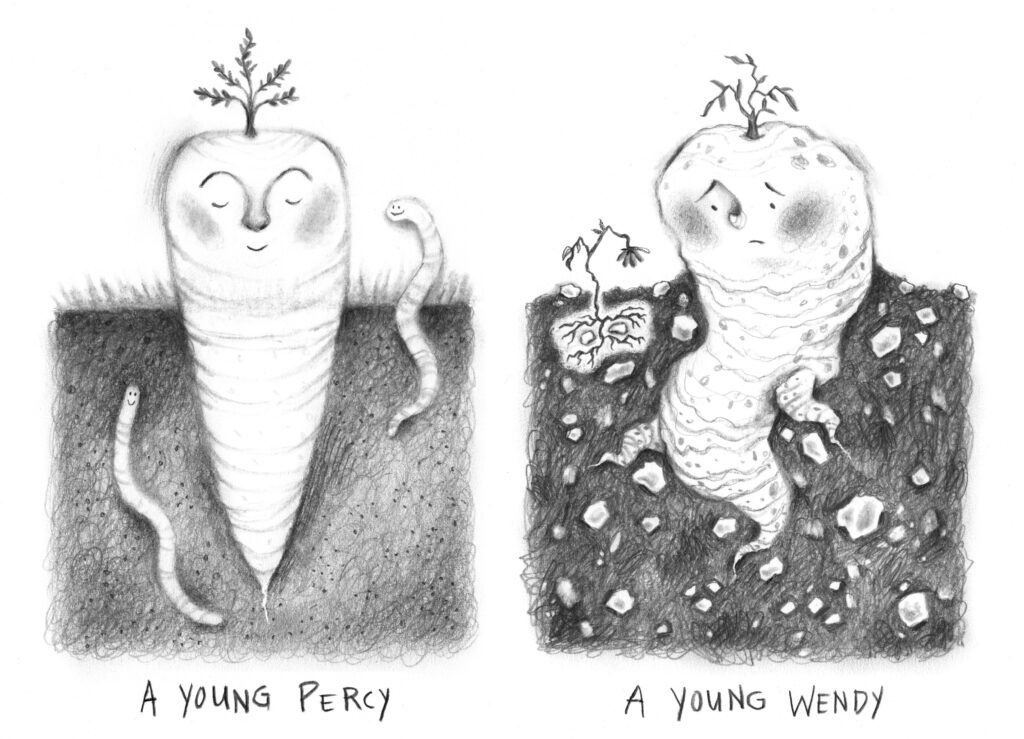
It is claimed that the social contract is in trouble. Falling school attendance is one of the signs that the unwritten agreement between the state and it’s citizens is fraying. School attendance has been falling for a while, and more steeply since the pandemic. It’s tempting to rush to conclusions, and some have succumbed to that temptation. The current government campaign that targets parents keeping their children off school for minor illnesses and mild anxiety is at best crude and at worst risks inflicting more damage on the social contract.
A particular group of parents and carers struggle more than most with the attendance at school of their children, namely adopters and kinship carers. Broadly speaking, they look after the many thousands of children who have at one time in their lives been in the care of the state. The vast majority have stepped up to do this and if my experience is anything to go by, they are as dedicated, motivated and conscientious a group as you could hope for. They are the kinds of citizens society is built on and should be grateful to. Their children are heroic too – many have survived horrendous early childhoods that which we now know to be traumatic in the true sense of that word. These children and their parents and carers should be at the heart of the social contract. And yet they are not.
Adoption UK have recently launched their report on school attendance. I went to the launch event in a wood panelled room in Westminster and listened to young people recount their experiences of school. Their stories, told in wavering and and raw voices described their severe challenges within a system that still does not understand or accommodate them, let alone allow them to flourish. Each described huge levels of distress due to bullying, having no friends, not being able to settle or feel safe in a busy, noisy school, the ongoing strain of being separated from their parent or carer, and from not being believed. Most of them had been treated as though they were taking the piss and the measures inflicted upon them seem designed to ground them down and wrestle control from them. Their accounts of isolation booths, suspensions and exclusions were harrowing. So too were their experiences of plummeting mental health. Several had been left broken by their experiences of school. Their parents are not much better off: struggling against the odds to get their children into school, taking the strain of broken systems, not knowing what to do for the best and being constantly picked at for their child’s poor attendance by a system that spits out letters, lectures, threats and fines.
Fining parents and carers for struggling to get traumatised and mentally unwell children into school is strikingly cruel and bizarre. What a way for the state to treat its precious carers and parents – to make enemies and criminals of them.
It is perhaps convenient to forget that the social contract is a two way thing. For society to function, the state as well as the citizen must buy into and fulfil it’s basic obligations. It must provide an education that is safe, relevant and accepting of the groups of children who access it. It must take good care of the children for whom it is or has been a corporate parent. It must provide timely mental health services that allow children to be treated when they are ill, so they can make the most of their education. But instead of looking at the performance of it’s own contract obligations (CAMHS waiting lists, the outcomes of care-experienced children for starters) it focuses on measures like attendance – throwing the responsibility on to parents, carers and children. It’s a valuable measure, but taken on it’s own and stripped of context, it looks rather like an attempt and diverting attention away from the where the causes of the crisis really lie.
The state, acting as though it is the Strict Nanny to us, its flightly charges, would do well to remember that it exists to work on our behalf. When it is being told that it’s systems are not working, and worse than that, causing misery, it has a duty to listen and learn, with respect. Making lives impossibly difficult and then punishing the results of those difficulties creates huge societal damage. That damage is made worse by patronising social media campaigns about tummy aches, sniffles and mild anxiety, that are so wide of the reality, it’s difficult to know where to start. They are so bad, it’s hard to tell the originals from the many satires that are circulating. It’ll be interesting to see how Strict Nanny responds. Will it muster up some respect for it’s struggling citizen parents and carers? Or will it dig down and exert even more pressure on the social contract?
